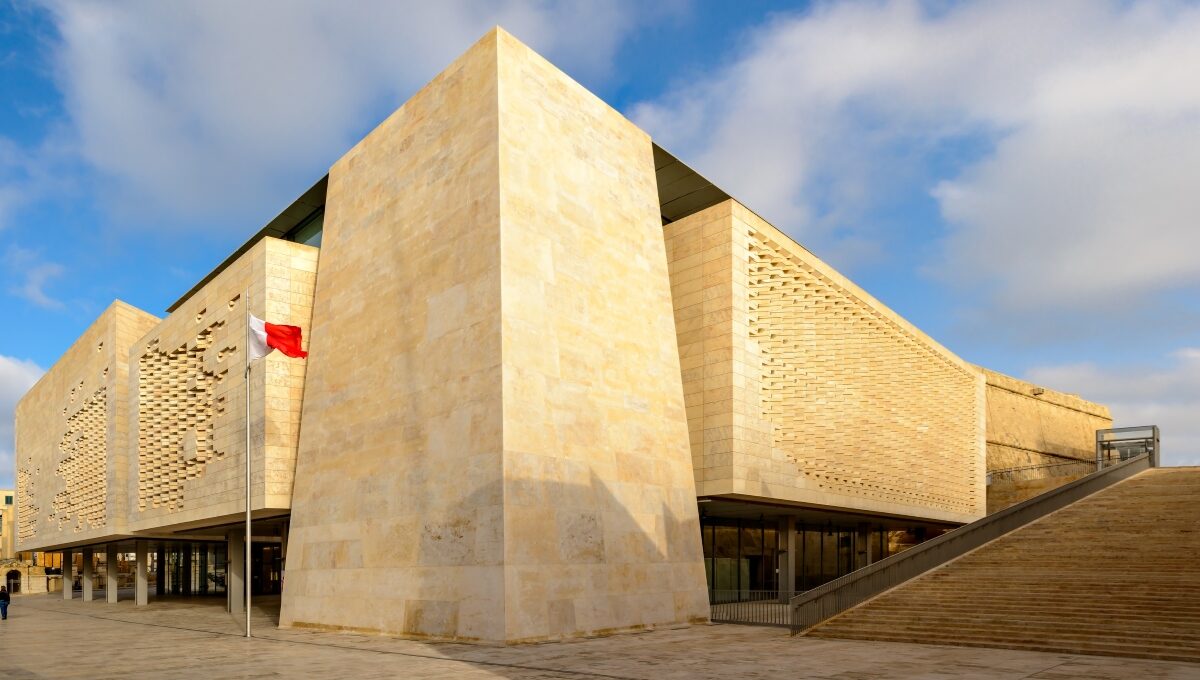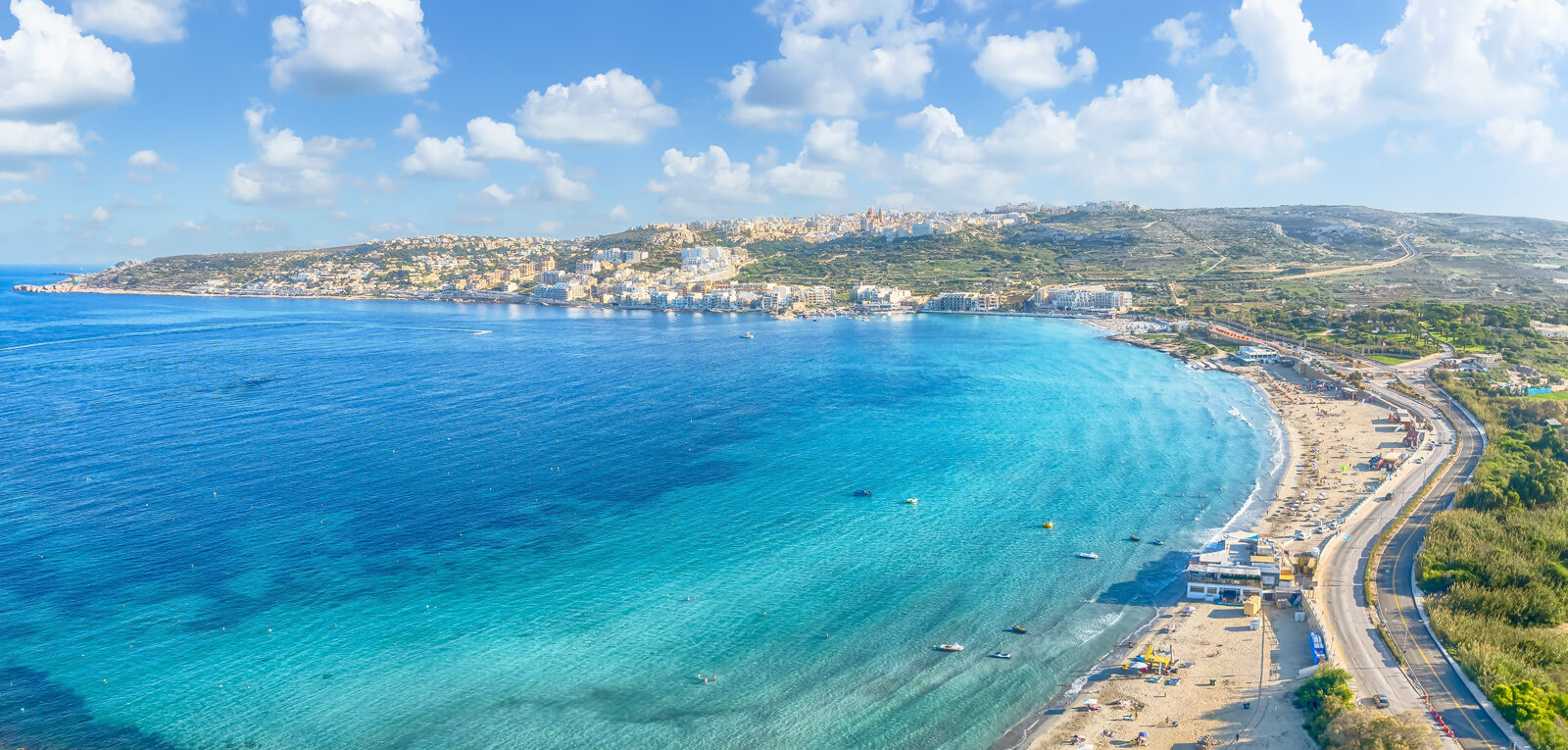Malta is a stable parliamentary democracy dominated by two major centrist political parties, with elections held every five years. The prime minister, as the head of the party controlling the legislative branch, also leads the executive, while the president serves in a more ceremonial role.
Although elections are hard-fought, major parties share a congruent approach to socio-economic issues, allowing the government of the day plenty of flexibility to respond to economic headwinds by taking adaptive measures promptly and effectively.

Malta’s Constitution guarantees fundamental rights, including freedom of expression, association, and religion, as well as the right to education and property. Malta is also a signatory to the European Convention on Human Rights.
The legal system has elements of both Common and Civil Law. The long period of British domination left an imprint in many areas, particularly with regard to company law and the regulation of certain economic sectors, although today, almost two decades after joining the European Union, the regulations and directives issued from Brussels have grafted another layer of legislative influence onto Malta’s hybrid system.
For investors, this means that their interests are protected by the highest standards in a system with elements that are familiar to many, and fair for all.
The judicial system operates on two tiers: a Court of First Instance and a Court of Appeal. The Constitutional Court addresses matters related to constitutional provisions, while the European Court of Human Rights serves as a forum of last resort once all local avenues for redress have been exhausted. The European Court of Justice, meanwhile, ensures the correct application and interpretation of EU law in Malta.
Commercial Court
Since 2018, Malta has been streamlining the process for the settlement of commercial disputes by setting up a commercial section within the Civil Court, dealing with applications related to matters regulated by the Companies Act, the Competition Act, and any regulations falling under the Consumer Affairs Act and the Malta Competition and Consumer Affairs Authority Act. This has been deemed a success by the business community, which has benefitted from shorter case durations and subject-specific expertise. The competence of this section is currently being extended to maritime, trademarks, intellectual property, and patents, allowing those with commercial interests on the islands to have the peace of mind afforded by a specialised court dedicated to resolving disputes in a timely and effective manner.













